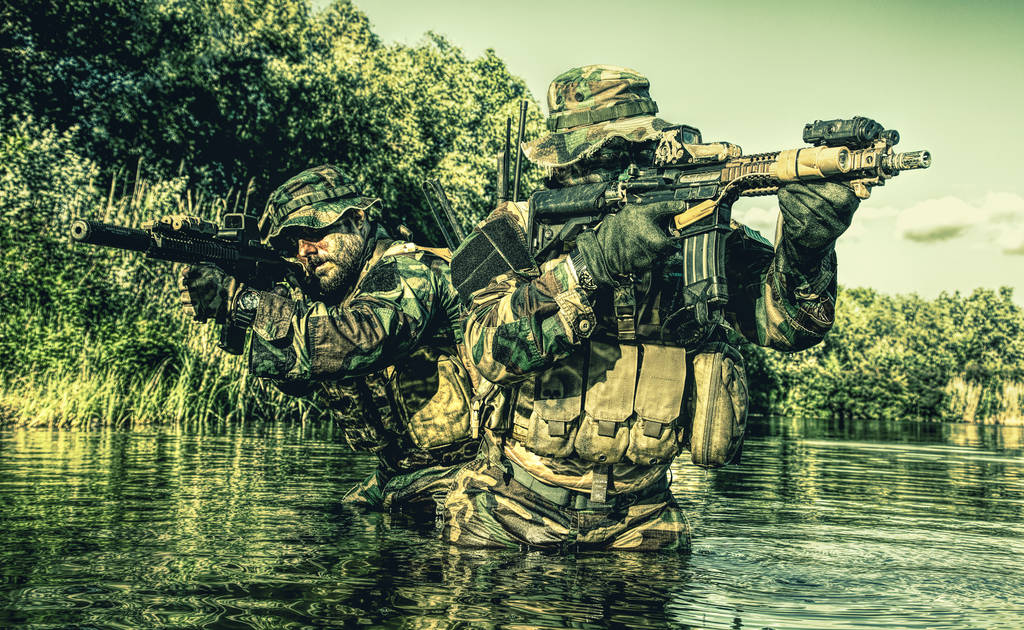Veteran suicide is a profound crisis that requires a multifaceted and deeply
empathetic approach to prevention. In recent years, much has been done to
address this issue, but the statistics remain grim, with an estimated 17 veterans
dying by suicide every day in the United States alone. While government initiatives
and mental health services play vital roles, the influence of fellow veterans in
suicide prevention is unparalleled. The unique bond forged through shared
experiences in military service creates a foundation of trust and understanding that
is critical in addressing this epidemic.
Understanding the Crisis
The transition from military to civilian life is often fraught with challenges. Veterans
may struggle with a loss of identity, purpose, and camaraderie that was once an
integral part of their daily lives. Additionally, the psychological scars of combat,
including Post-Traumatic Stress Disorder (PTSD), Traumatic Brain Injury (TBI), and
other mental health conditions, exacerbate feelings of isolation, depression, and
hopelessness. The result is a heightened risk of suicide, particularly among those
who feel disconnected from the support systems that once provided stability.
The Unique Role of Fellow Veterans
Fellow veterans are uniquely positioned to intervene in the lives of those at risk.
The shared experiences of military life—whether in training, deployment, or
combat—create a bond that transcends civilian relationships. This bond is built on a
foundation of mutual respect, trust, and a deep understanding of the hardships
faced during and after service. When a veteran reaches out to another veteran in
distress, the connection is immediate and meaningful, often breaking down barriers
that might exist with non-veteran professionals or even family members.
One of the most powerful tools fellow veterans possess is their ability to recognize
the subtle signs of distress that others might miss. The language of military life,
filled with unspoken cues and shared understanding, allows veterans to detect
when something is amiss. Whether it is a change in behavior, a shift in tone, or an
uncharacteristic withdrawal from social interactions, veterans are attuned to the
warning signs of a comrade in crisis.
Peer Support Networks
Peer support networks are a vital component in the fight against veteran suicide.
These networks, often organized by veterans themselves, provide a space where
individuals can share their experiences, struggles, and triumphs without fear of
judgment. Such environments foster a sense of belonging and community that is
often missing in civilian life. The act of sharing, listening, and supporting one
another reinforces the idea that no one is alone in their journey, no matter how
dark it may seem.
Veteran-led support groups, whether in-person or online, offer more than just a
platform for venting frustrations; they serve as a lifeline for those contemplating
suicide. The knowledge that someone else has faced similar demons and emerged
stronger can be incredibly empowering. Moreover, these groups often provide
practical advice on navigating the complexities of post-military life, from accessing
VA benefits to finding meaningful employment, thereby addressing some of the root
causes of suicidal ideation.
Training and Empowerment
To maximize the impact of peer support, it is essential that veterans are equipped
with the tools and training necessary to effectively intervene when a fellow veteran
is in crisis. Organizations such as the Veterans Crisis Line and various non-profits
offer specialized training programs that teach veterans how to recognize the signs
of suicidal ideation, engage in conversations about mental health, and connect
those in need with appropriate resources. This training transforms veterans into
first responders within their communities, capable of making life-saving
interventions at critical moments.
Empowerment also comes from understanding the importance of self-care.
Veterans who are active in supporting others must also prioritize their own mental
health to avoid burnout and compassion fatigue. By engaging in regular self-care
practices and seeking support when needed, veterans can maintain the strength
and resilience required to help others.
Building a Culture of Support
A significant aspect of preventing veteran suicide lies in cultivating a culture of
support within the veteran community. This culture should be one where seeking
help is seen as a sign of strength rather than weakness, and where mental health is
openly discussed without stigma. Fellow veterans can lead by example, sharing
their own stories of struggle and recovery, thereby normalizing the conversation
around mental health and encouraging others to do the same.
This culture extends beyond formal support groups and training sessions. It is
about creating an environment where veterans feel comfortable reaching out to
each other in everyday interactions—whether it’s grabbing a coffee, going for a run,
or simply checking in with a phone call. These seemingly small acts of connection
can have a profound impact on someone who feels isolated or overwhelmed.
Advocacy and Community Engagement
Fellow veterans also play a crucial role in advocating for broader systemic changes
that can prevent suicide. By engaging with policymakers, participating in
community outreach, and raising awareness about the unique challenges veterans
face, they can help shape a more supportive environment for all veterans. This
includes pushing for improvements in mental health services, expanding access to
care, and ensuring that veterans are treated with the dignity and respect they
deserve.
Community engagement also involves educating civilians about the realities of
military life and the struggles veterans face after service. By bridging the gap
between the military and civilian worlds, fellow veterans can foster greater
understanding and support from the broader community, which is essential in
creating a safety net for those at risk of suicide.
Conclusion
Preventing veteran suicide is a complex challenge that requires a collective effort
from all sectors of society. However, the role of fellow veterans is irreplaceable in
this fight. Through peer support, training, empowerment, and advocacy, veterans
can save lives by reaching out to their comrades in times of need. By building a
culture of support and understanding, veterans can ensure that no one who has
served their country ever feels that they must face their battles alone. The bond of
brotherhood and sisterhood forged in the crucible of military service remains one of
the most powerful tools in preventing veteran suicide, and it is a tool that must be
wielded with compassion, vigilance, and unwavering commitment.

